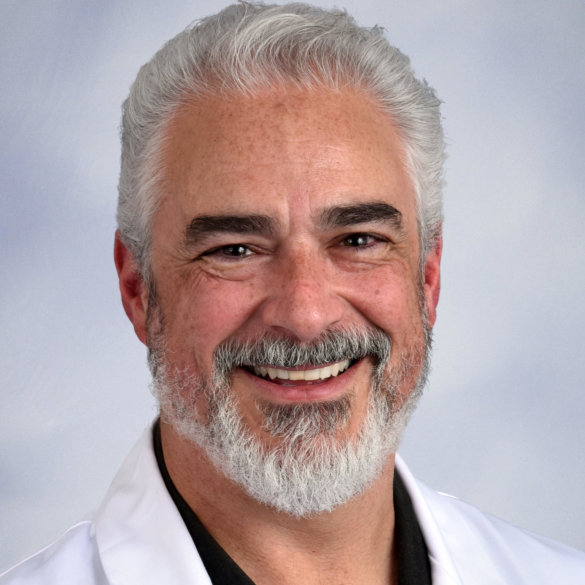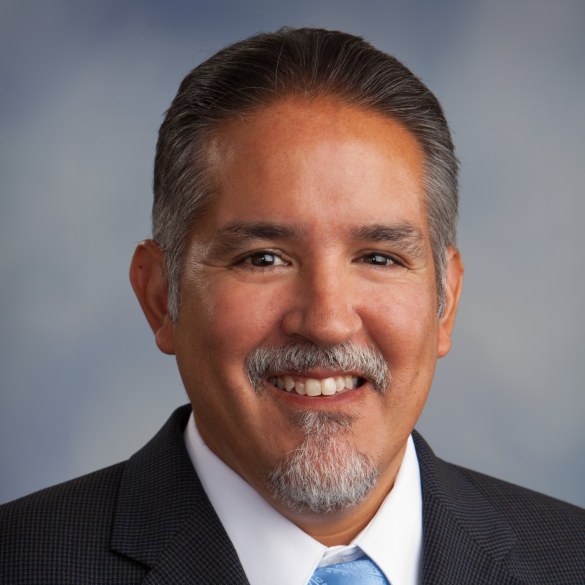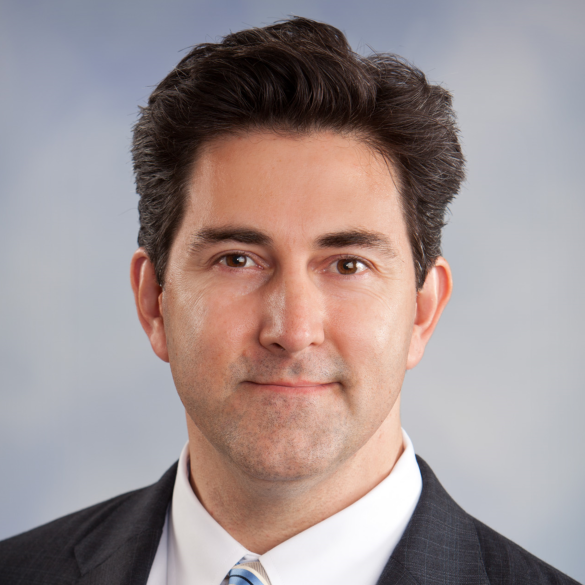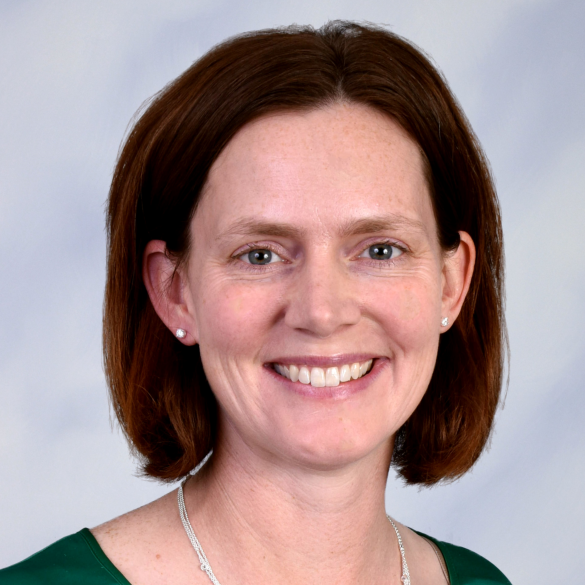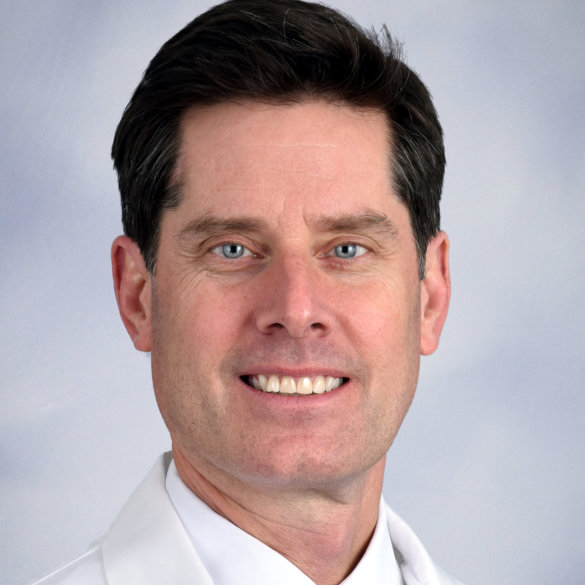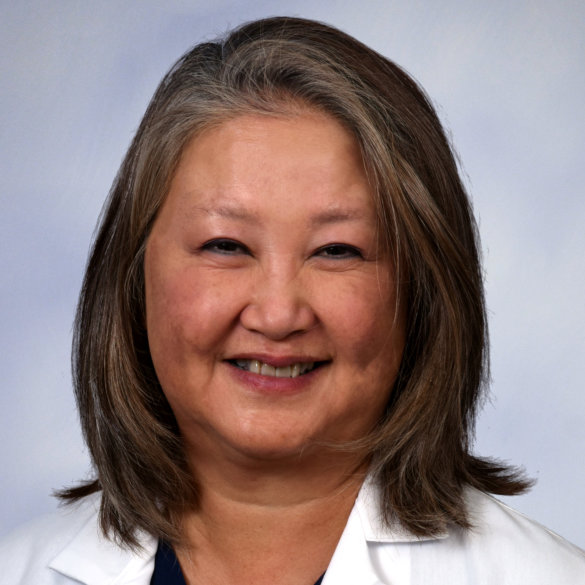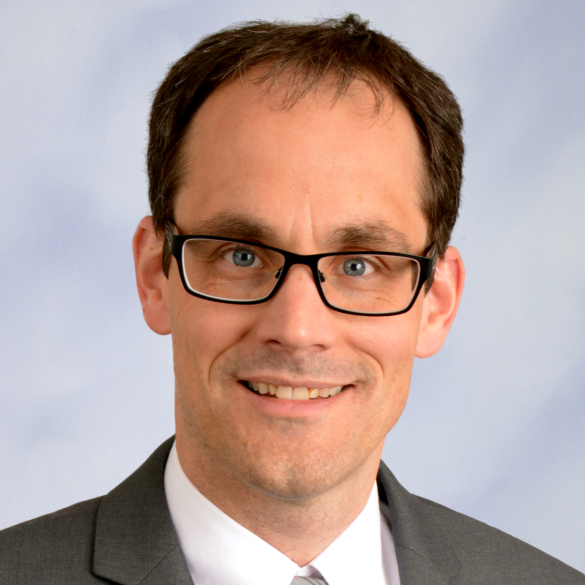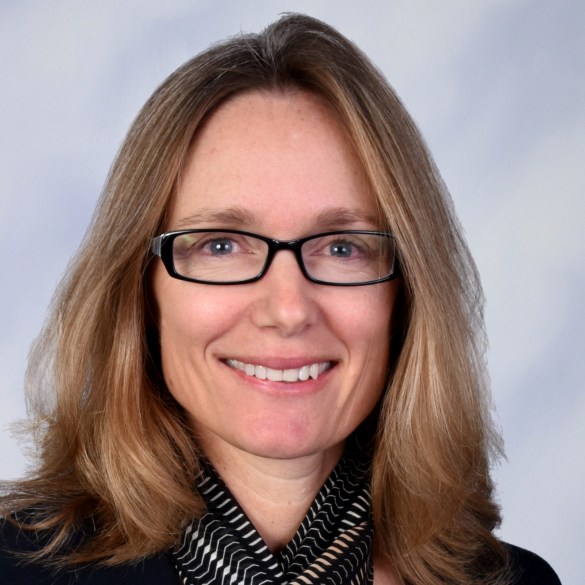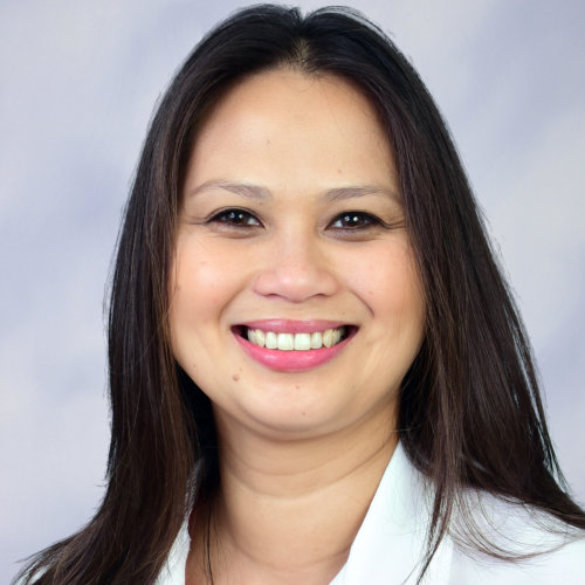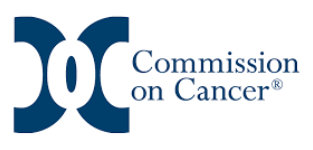Cervical cancer is a disease in which cells grow out of control in the cervix — the lower, narrow end of the uterus.
According to the Centers for Disease Control, cervical cancer is the easiest gynecologic cancer to prevent with regular screening tests and follow-up. It is also highly curable when found and treated early.
Cervical cancer used to be the leading cause of cancer death for women in the United States, according to the CDC. In the past 40 years, the number of cases and deaths from cervical cancer have decreased significantly. This decline largely is the result of many women getting regular Pap tests, which can find cervical precancer before it turns into cancer.
Nonetheless in 2021, it is estimated that 14,480 women in the United States will be diagnosed with cervical cancer and 4,290 women in the United States will die from cervical cancer, according to the National Cancer Institute.
HPV (human papillomavirus) is a very common infection that spreads through sexual activity and causes almost all cases of cervical cancer.
The good news is that the HPV vaccine can prevent HPV. The HPV vaccine protects against the types of HPV that most often cause cervical, vaginal, and vulvar cancers. According to the CDC, it is recommended for preteens (both boys and girls) aged 11 to 12 years, but can be given as early as age 9 and until age 26. The vaccine is given in a series of either two or three shots, depending on age.
It is important to note that even women who are vaccinated against HPV need to have regular Pap tests to screen for cervical cancer. Cervical cancer screenings can help detect abnormal (changed) cells early, before they turn into cancer.
Women between 21 and 65 are advised to have a cervical cancer screening test (pap smear) every three years. Between 30 and 65, women are advised to also test for HPV (human papilloma virus) every five years.
For more information on cervical cancer and HPV, visit the CDC's website.
National Cancer Institute
http://www.cancer.gov/
Cancer Net
http://www.cancer.net/
National Comprehensive Cancer Network
http://www.nccn.org/patients/default.aspx
American Cancer Society
http://www.cancer.org/
Biological therapy, also called immunotherapy, biological response modifier therapy or biotherapy, uses the body's immune system to fight cancer.
Our infusion center, where chemotherapy is administered by highly trained and certified oncology nurses is a pleasant space on the second floor of the Cancer Center. We have space to accommodate a companion to keep you company and you will take comfort in knowing that the oncologists are right next door.
The NorthBay Cancer Center offers patients diagnosed with breast cancer the latest in technology and treatments within a supportive environment led by a caring team of specialists — close to home.
At NorthBay, monthly Cancer Conferences provide physicians with access to cancer consultations for their patients. Any staff physician is welcome to present a cancer-related case at the conference.
During a cancer conference, the patient's medical history, physical findings, clinical course, diagnostic work-up, and pathological specimens are reviewed by a group of cancer experts from a variety of fields. Discussions regarding the disease process, AJCC Staging, medical literature review and experience in the management of disease follow.
Recommendations regarding further treatment plans are made based upon NCCN guidelines. Tumor Board meets weekly and breast, lung and neuro-oncology conferences meet monthly.
Our infusion center, where chemotherapy is administered by highly trained and certified oncology nurses, is a pleasant space on the third floor of the Wellness Center. We have space to accommodate a companion to keep you company and you will take comfort in knowing that the oncologists are right next door.
Our Solano Diagnostic Imaging sites in Fairfield and Vacaville use powerful medical technology to provide more effective examination and diagnosis including 3D digital mammograms, MRI (or Magnetic Resonance Imaging), P.E.T., CT scans and more.
Our genetics program helps you identify your risk levels while providing ongoing support, working with you through your results and, if needed, will help develop a prevention plan specific to your needs. If you are interested in genetic counseling, ask your primary care provider or oncologist if a genetics referral is appropriate.
From low-dose CT to new robotic-assisted bronchoscopy, NorthBay Health has tools to help in the fight to identify lung cancer early, when it's most treatable. If you are between 50 and 80 years old and a 20 pack-a-year smoker, ask your doctor if screening is right for you.
Some patients develop chronic arm swelling after breast cancer surgery, often a result of axillary node dissection. This swelling is called “lymphedema” and is the consequence of an abnormal collection of fluid in the arm.
Sentinel node biopsy procedures allow removal of many fewer lymph nodes than the standard lymph node dissections routinely performed in the past. Patients who undergo only a sentinel lymph node sampling may develop less lymphedema.
If lymphedema develops or seems to be developing, your surgeon may refer you to one of NorthBay’s physical therapists with special training and certification in treating lymphedema. A specialized physical therapy program can minimize the degree of swelling and pain
Our oncology nurse navigators are here to support you and your family through the complex diagnosis, treatment, and recovery process. Your oncology nurse navigator will answer your questions, expedite appointments, and organize test results, as well as act as a resource for information about any topic from support groups to clinical trial facts.
Cancer treatments can cause you to lose your appetite and energy, putting you at an increased risk for malnutrition. Whether your cancer treatment includes radiation therapy, chemotherapy, hormone therapy, biological immunotherapy, surgery, or some combination, our staff will provide the counseling and education you need to maintain good nutrition during and after treatment.
A radiation oncologist with special training in radioactive seed implants is part of the prostate cancer treatment team.
Radiation therapy uses X-rays, gamma rays, and charged particles to kill or shrink cancer cells, and to decrease their ability to divide. Certain levels of radiation work to destroy cancer cells or prevent cells from growing or reproducing. This treatment may provide a cure for cancer, control the disease, or help relieve its symptoms.
Our cancer center is equipped with the latest PET/CT and linear accelerator, technology so advanced it can search and destroy cancer cells down to the size of a grain of salt.
Sentinel node biopsy procedures allow removal of many fewer lymph nodes than the standard lymph node dissections routinely performed in the past.
Coming to the Cancer Center can be an overwhelming and distressing time for our patients, caregivers, and their families. Our support services are here to help patients manage not only physical, but also emotional and financial aspects of their cancer diagnosis.
NorthBay offers a Palliative Care program which helps patients manage the pain and other distressing physical symptoms associated with serious illness.
NorthBay Cancer Center Clinical Trials Program enables cancer patients to stay in their local community and access the most promising treatments available through providing cooperative group trials with the Stanford University Cancer Center and the Cancer Trials Support Unit.
For more information about our clinical trials program, please contact the Cancer Center:
(707) 646-4009
KHoriuchi@NorthBay.org
Stereotactic body radiation therapy(SBRT) is a specialized form of radiation treatment that delivers precisely-targeted radiation to certain types of tumors. This advanced technology has proven to be more effective than conventional therapy and patients experience fewer side effects.
Stereotactic radiosurgery (SRS) is a type of radiation therapy used to treat small tumors of the brain. It can deliver precisely-targeted radiation in fewer high-dose treatments than traditional therapy, which can help preserve healthy tissue.

